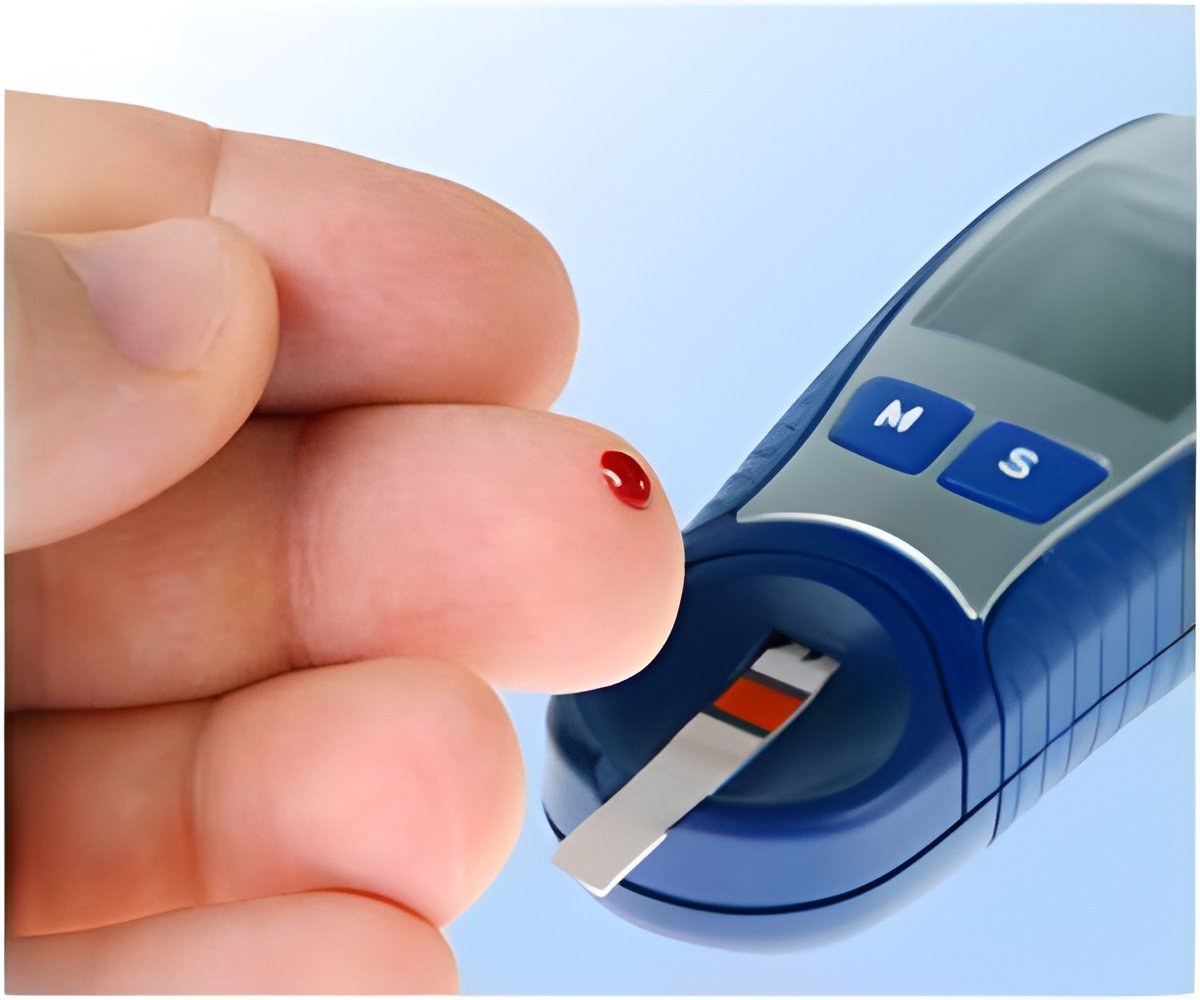
The revelation is leading to a potential cure that combines adult stem cells with a promising new drug.
Habib Zaghouani, PhD, J. Lavenia Edwards Chair in Pediatrics, leads the research with his team at the MU School of Medicine.
"We discovered that type 1 diabetes destroys not only insulin-producing cells but also blood vessels that support them," Zaghouani said.
"When we realized how important the blood vessels were to insulin production, we developed a cure that combines a drug we created with adult stem cells from bone marrow. The drug stops the immune system attack, and the stem cells generate new blood vessels that help insulin-producing cells to multiply and thrive," he explained.
Often called juvenile diabetes, type 1 diabetes can lead to numerous complications, including cardiovascular disease, kidney damage, nerve damage, osteoporosis and blindness.
Advertisement
When the immune system strikes the beta cells, the attack causes collateral damage to capillaries that carry blood to and from the islets. The damage done to the tiny blood vessels led Zaghouani on a new path toward a cure.
Advertisement
"The combination of Ig-GAD2 and bone marrow cells did result in production of new beta cells, but not in the way we expected," Zaghouani said.
"We thought the bone marrow cells would evolve directly into beta cells. Instead, the bone marrow cells led to growth of new blood vessels, and it was the blood vessels that facilitated reproduction of new beta cells. In other words, we discovered that to cure type 1 diabetes, we need to repair the blood vessels that allow the subject's beta cells to grow and distribute insulin throughout the body," he asserted.
Zaghouani is pursuing a patent for his promising treatment and hopes to translate his discovery from use in mice to humans.
The discovery is reported in the current online issue of Diabetes, the American Diabetes Association's flagship research publication.
Source-ANI














